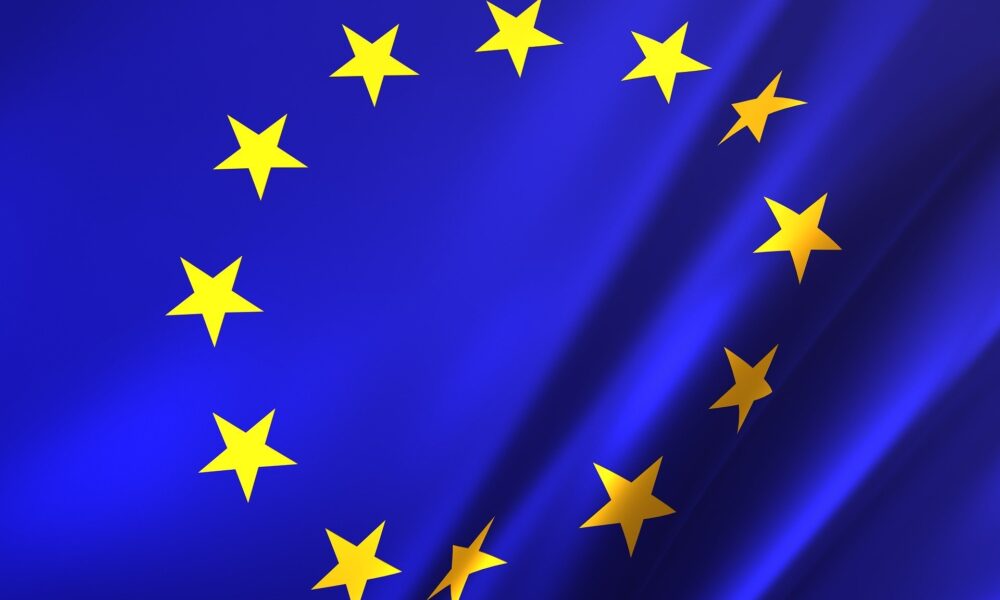In a final report presented by the European Union Election Observation Mission (EU EOM), concerns were raised over the highly-disputed general elections in Nigeria, which saw Bola Tinubu of the All Progressives Congress (APC) declared as the winner by the Independent National Electoral Commissioner (INEC).
The defeated candidates, Atiku Abubakar of the Peoples Democratic Party (PDP) and Peter Obi of the Labour Party (LP) have since approached the Presidential Election Petition Tribunal to contest what they believe to be a “stolen mandate.”
Chief Observer Barry Andrews addressed the press in Abuja, highlighting the period between January 11 and April 11 during which the EU EOM carried out its work at the invitation of the INEC.
The mission, joined by a delegation from the European Parliament, deployed a total of 110 observers from 25 EU Member States, as well as Norway, Switzerland, and Canada.
Andrews emphasized that Nigerian citizens exhibited a strong commitment to the democratic process leading up to the 2023 general elections. However, he also noted that the elections exposed persistent systemic weaknesses, indicating the necessity for legal and operational reforms to enhance transparency, inclusiveness, and accountability.
The EU EOM identified shortcomings in electoral law and administration that impeded the conduct of well-run and inclusive elections, consequently eroding trust in the INEC. To address these concerns, the mission presented 23 recommendations to the Nigerian authorities, aiming to improve future elections.
Andrews emphasized six priority recommendations that require immediate attention. These include eliminating ambiguities in the law, establishing a publicly accountable selection process for INEC members, ensuring real-time publication of and access to election results, providing greater protection for media practitioners, addressing discrimination against women in politics, and tackling impunity regarding electoral offenses.
Andrews stressed the importance of political will to achieve enhanced democratic practices in Nigeria, underscoring the need for inclusive dialogue among all stakeholders regarding electoral reform. The European Union expressed its readiness to support Nigerian stakeholders in implementing these recommendations.
Responding to the report, Festus Okoye, the National Commissioner and Chairman of the Information and Voter Education Committee, acknowledged significant improvements reported by international observers on the 2023 elections thus far. Okoye emphasized the registration of over 93 million Nigerians and the optimal performance of the Biometric Voter Accreditation System (BVAS) as positive aspects of the election. However, he acknowledged challenges, including insecurity, violence targeting election staff and citizens, fuel scarcity, and currency redesign.
Okoye assured that the recommendations from international observers would be carefully considered and implemented. He recognized the administrative and legal issues highlighted in the report and pledged to address them effectively.
As Nigeria grapples with the aftermath of a contentious election, the EU EOM’s report calls for urgent reforms to address existing weaknesses, emphasizing the importance of transparency, inclusivity, and accountability in future elections. The Nigerian authorities face the challenge of navigating these recommendations and instilling confidence in the democratic process, ensuring that the voice of every citizen is heard and respected.

